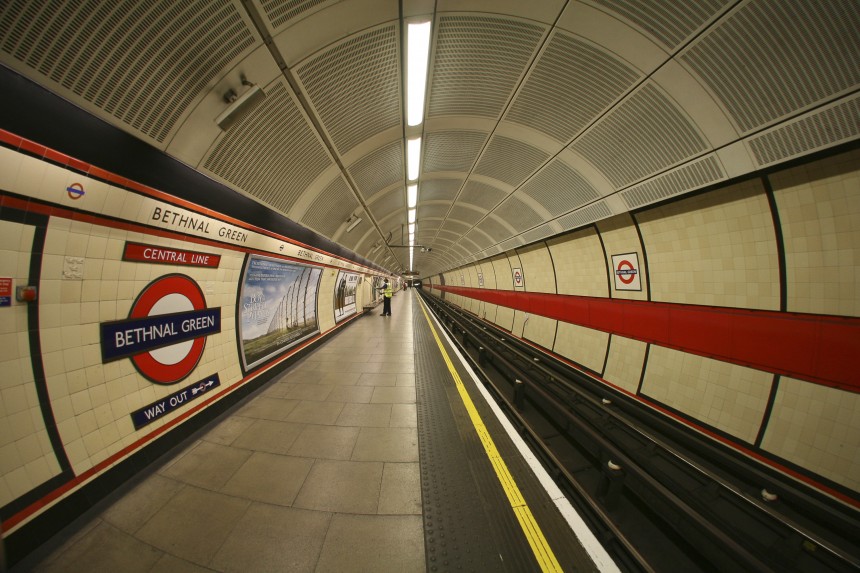Michael Crick: The Whigs are back

The Whigs are standing in Bethnal Green and Bow along with three other seats
The Whigs are back. The party which dominated British politics for much of the eighteenth and early nineteenth centuries is contesting its first British general election in almost 150 years.
The party resulted from the Exclusion Crisis of 1678-81, and after the Glorious Revolution of 1688, stood for the ascendancy of Parliament over the Crown. The party boasted sixteen Prime Ministers in the almost two centuries of its existence (including the very first PM – Sir Robert Walpole) as well as historic figures such as Charles James Fox and Edmund Burke. But in the nineteenth century the party split.
One Whip group formed what became the Liberal Party, another the Liberal Unionists who eventually merged with the Conservative Party in 1912. The Whigs also played a big role in America too, with four Whig presidents in the mid-nineteenth century. The British party was dissolved in 1868.
The Whig Party is fighting four seats in 2015 – Vauxhall; Camberwell & Peckham; Bethnal Green & Bow (all in London); and Stretford & Urmston (in Greater Manchester).
Their leader, Waleed Ghani, a London business consultant, insists they are not standing for a laugh. “We are absolutely serious,” he tells me. “I think there is a massive gap in Britain for an economically literate party of progressives at the centre of our politics.”
The Whigs’ manifesto, which was published a fortnight ago, says: “We’re pro-EU, pro-immigration, and pro-gender equality. We’re on the side of thoughtful people who are politically aware and want to vote for a better tomorrow.”

